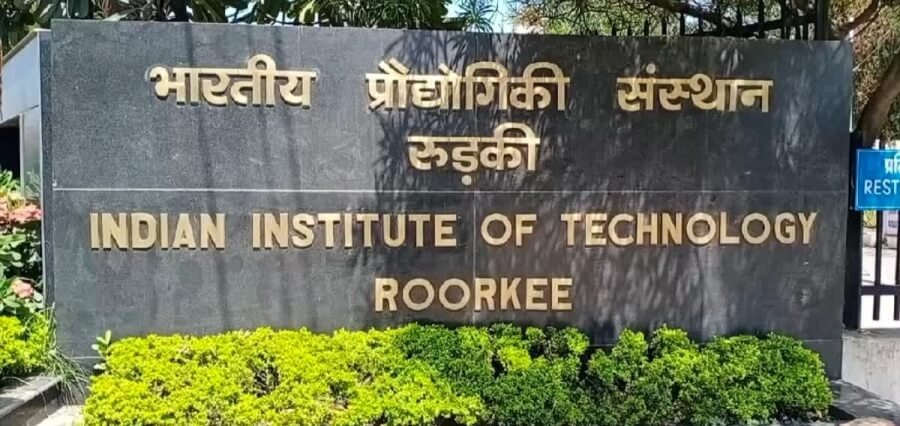Heart disease is spreading at an alarming rate, with many young people in their 20s and 30s dying from heart attacks in India. H.K. Bali, a world-renowned interventional cardiologist, stated on Sunday that this trend is quite concerning.
The HEART Foundation organized CIIST360, a day-long academic event highlighting the most recent breakthroughs in cardiology. Approximately 250 cardiologists and physicians from northern India attended the seminar.
The speakers gave presentations on cardiac disorders such as coronary artery disease, structural heart disease, and heart failure. Delegates had the opportunity to connect with notable speakers and discuss individual patient issues, which contributed to the event’s collaborative spirit.
Bali, the HEART Foundation’s founder patron, emphasized medical discoveries that are today saving the lives of heart patients, particularly those with low heart function who were previously thought to be untreatable or for whom traditional procedures were ineffective.
One major breakthrough is shielded angioplasty, which involves inserting a small pump called a ‘Impella’ for better results and speedier recovery. He emphasized the necessity of image-guided angioplasty with IVUS or OCT, which yields better short- and long-term outcomes.
In order to meet the demands of older patients who are at high surgical risk, Bali explored the non-surgical treatment of aortic valve stenosis using the percutaneous approach known as TAVI (transcatheter aortic valve implantation). Even older individuals with surgical concerns can safely undergo this surgery.
M.K. Das of Kolkata emphasized that artificial intelligence will play an increasingly crucial role in the diagnosis and treatment of patients with heart failure. He stated that artificial intelligence is already being employed in several hospitals to improve the management of heart failure patients and prevent recurrent hospital admissions. T.S. Kler of Delhi noted that irregular heartbeat (atrial fibrillation) is becoming a more common clinical concern and can be a major cause of strokes.
Read More: Click Here





